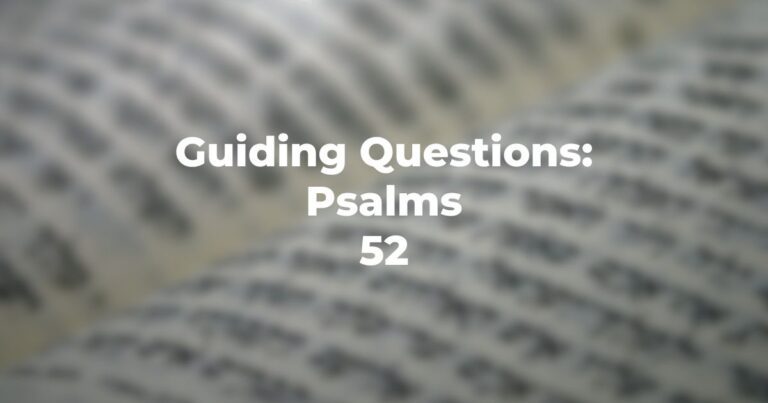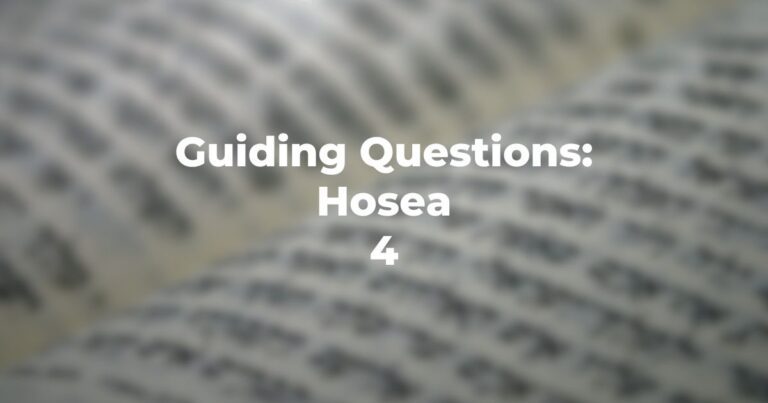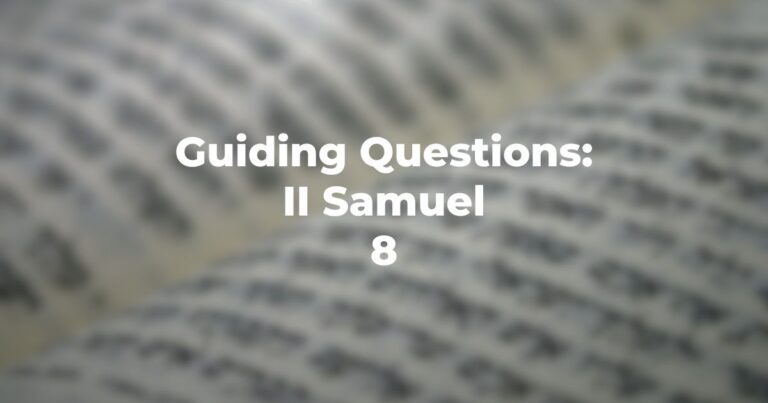- Where does the proverb to which reference is made in Ezekiel 18:2 actually appear in the TanakhAn acronym for the name of the Hebrew Bible: Torah, Neviim, and Ketuvim. Read more?
- What is meant by the phrase, in terms of the transfer of punishment for transgression?
- Do Ezekiel 18:3-4 affirm or totally reject this proverb?
- In Ezekiel 18:5 begins the description of a righteous individual. What is the key element of the “good man”?
- In Ezekiel 18:6, reference is made to “eating on the mountains.” Does this have any relationship to idolatry and high places?
- In Ezekiel 18:6, further, what are the transgressions to be avoided in terms of family life?
- And in Ezekiel 18:7, what economic “measures” are to be avoided and, more positively, what is to be done for the unfortunate?
- Overall, as stated in Ezekiel 18:9, are the preceding verses an indication ofthe laws and rules which define the righteous person?
- And, what is the conclusion as to the lot of such an individual?
- Ezekiel 18:10-13 compare the father with the son. The intent of this description is to affirm the assertion that each is judged in his own right (that is, father and son) or that there is some type of connection between the two? Put otherwise: can the virtue of the father protect a transgressional son?
- Ezekiel 18:14-19, then, deal with the grandson whose life is lived in accordance with his grandfather and not with his father. How is the grandson judged?
- Ezekiel 18:19 summarizes the principle which the prophet wishes to enunciate. What is that principle in terms of transgression and good action re: the relationship of one generation to the other?
- And, if the passages to this point have not been clear — how does Ezekiel 18:20, without question, state the principle which the prophet wishes to enunciate?
- Does this principle, then, take issue with earlier texts?
- However, according to Ezekiel 18:21-22, is transgression inevitably to lead to punishment or is there a “way out”?
- In what liturgical source does Ezekiel 18:23 appear?
- In Ezekiel 18:24, the contrary is then described. Does righteousness “forever” protect the righteous if the action pattern of the individual changes?
- Based upon Ezekiel 18:25-27, what were the opinions current at the prophet’s time with which he is taking sharp issue?
- In the summation (Ezekiel 18:29-31), a number of principles appear as to who is to be punished, who is not to be punished, the relationship between generations, and the measures which can be taken to avoid punishment as well as the pitfalls which can be encountered on the part of the righteous. What are these conclusions?
- When would a passage of this kind be most appropriate for reading in the course of the Jewish year?
Author
-

Exploring Judaism is the digital home for Conservative/Masorti Judaism, embracing the beauty and complexity of Judaism, and our personal search for meaning, learning, and connecting. Our goal is to create content based on three core framing: Meaning-Making (Why?), Practical Living (How?), and Explainers (What?).
View all posts





